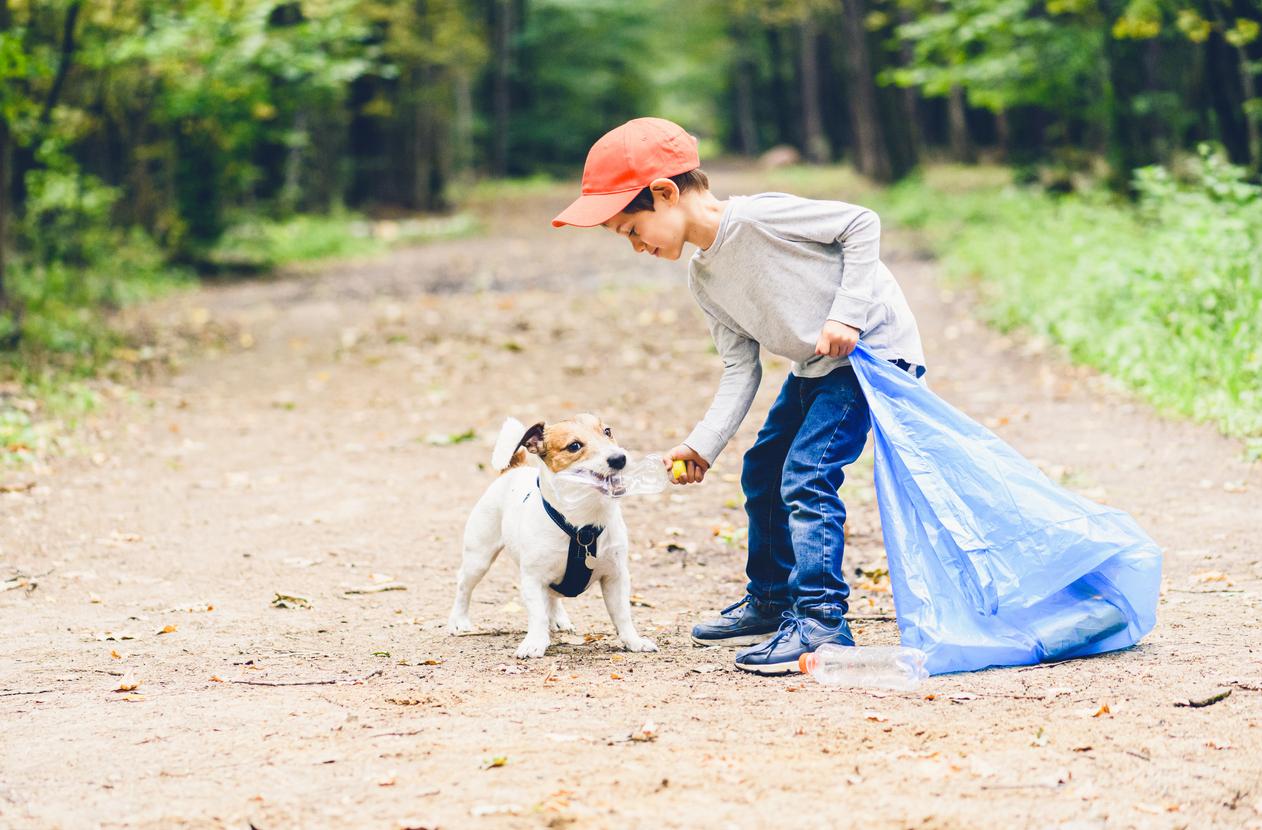Volunteering is not only beneficial for the physical and mental health of adults, it is also good for those of children and adolescents.

- According to the new study, young people who volunteered in the previous year were in better physical health than those who did not.
- They also had a more positive outlook on life and were less likely to suffer from anxiety, depression or behavioral problems.
- While the causal link between health and child volunteering remains to be confirmed and explained, researchers believe that encouraging children to volunteer is a good way to prevent certain disorders.
In recent years, many studies have shown that volunteering is a good way for adults to fight against cognitive decline, sedentary lifestyle or loneliness. However, helping others would not only be beneficial for adults. According to a study conducted by the UTHealth Houston School of Public Health and published May 30 in JAMA Network Openchild and adolescent volunteers show better mental and physical health than those who do not help others.
Volunteering: fewer health problems, anxiety and behavioral problems among young people
After surveying the parents of nearly 52,000 children and teens aged 6 to 17, researchers found that young people who had volunteered in the previous year had better physical health than those who hadn’t. They also had a more positive outlook on life and were less likely to suffer from anxiety, depression or behavioral problems.
In detail, parents of little volunteers were 33% more likely to describe their offspring as being in very good or excellent health compared to those whose children had not participated in good deeds. They were also between 18% and 35% less likely to say their child had suffered from depression or anxiety, or had behavioral problems in the past year.
Furthermore, young volunteers were also 66% more likely to be described as fulfilled compared to their peers who do not volunteer.

Physical and mental health: helping others to help yourself
This study suggests that volunteering can benefit young people in multiple ways. “These study results suggest that youth volunteering could be a win-win situation, where young people serve society for their own benefit”says Professor Kevin Lanza who led the study in a statement. “In addition, young people can be joined by household members and others while volunteering, strengthening social ties while strengthening the community”.
Nevertheless, the expert recognizes that there are still unknowns at the end of his work, such as the cause and effect relationship of volunteering on the health and well-being of children. “The results of this study encourage further investigation to assess causality, which, if confirmed, may provide the opportunity to prescribe volunteering as a public health measure. Additionally, volunteering in adolescence having been associated to a decrease in health risk behaviors and depressive symptoms in adulthood, young people who help others can help themselves now and later”he concludes in his article.















